Description
Machine learning, which is one of the more established subfields within the subject of artificial intelligence, focuses on the study of computer approaches for the discovery of new information and for the management of existing knowledge. Furthermore, machine learning is one of the subfields that has been around the longest. The use of techniques that are associated with machine learning has been adopted in a wide range of application industries. New data, on the other hand, have been available in the most recent few years as a consequence of a multitude of technological developments and research projects (for instance, the completion of the Human Genome Project and the spread of the Web). Consequently, new domains that have the potential to make use of machine learning have come into existence. Learning from biological sequences, learning from email data, and learning in complex environments such as the web are some examples of the modern applications that are currently being explored. Other examples include learning from natural language processing. This study objective is to demonstrate the three application domains that were described previously, as well as some recent attempts that have been made to use machine learning techniques in order to analyze the data that is supplied by these domains. In addition, this article will describe some of the recent attempts that have been made.
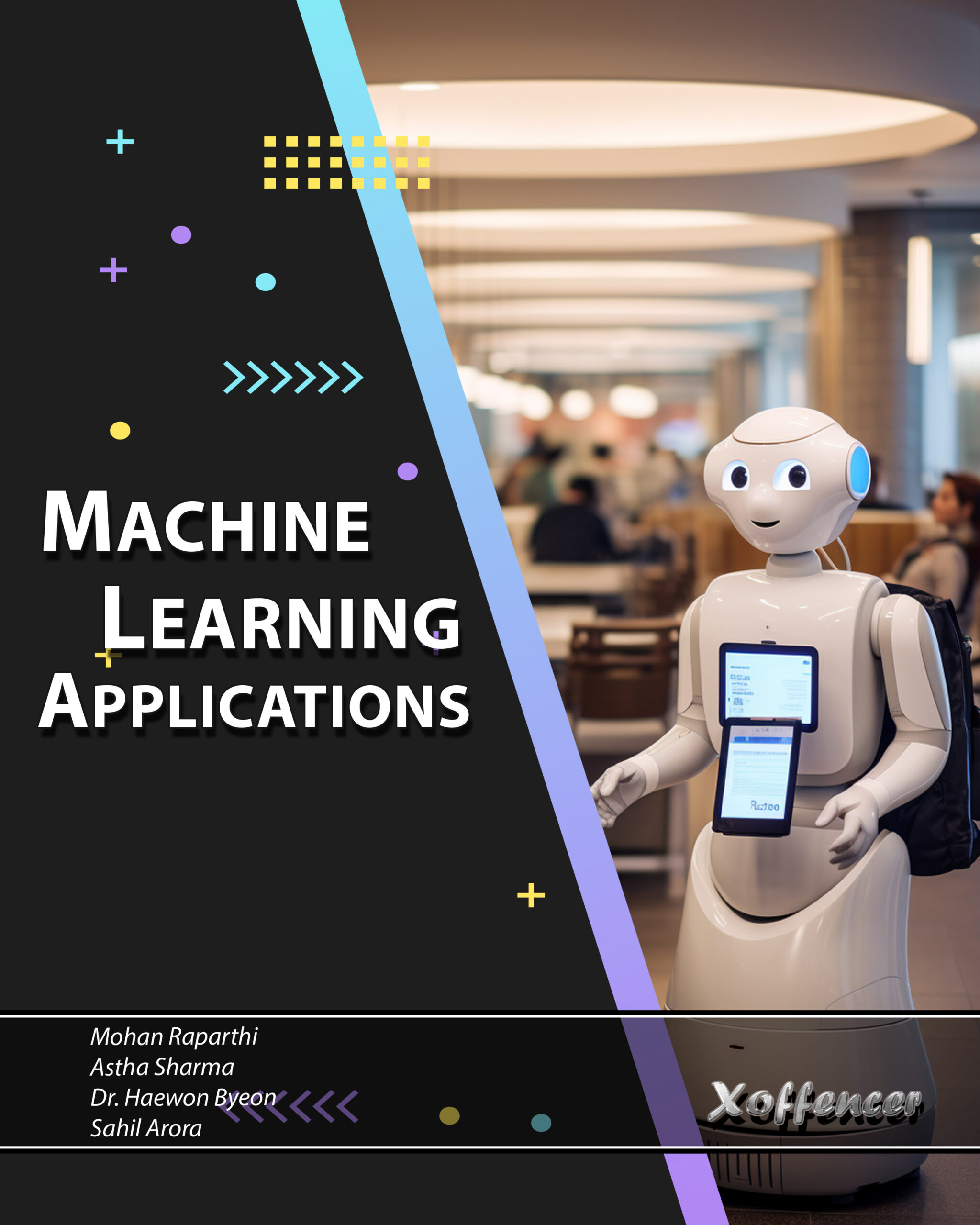

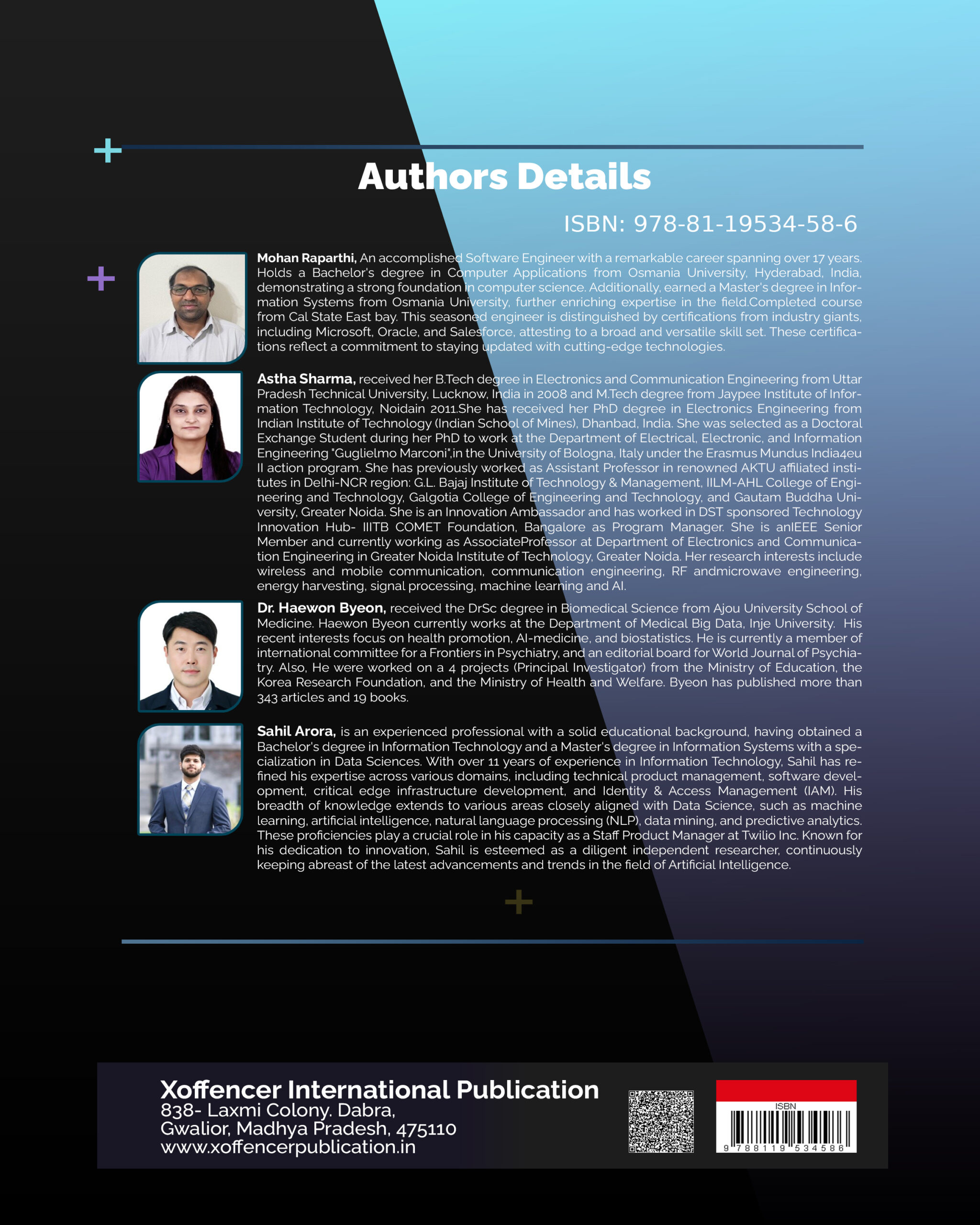
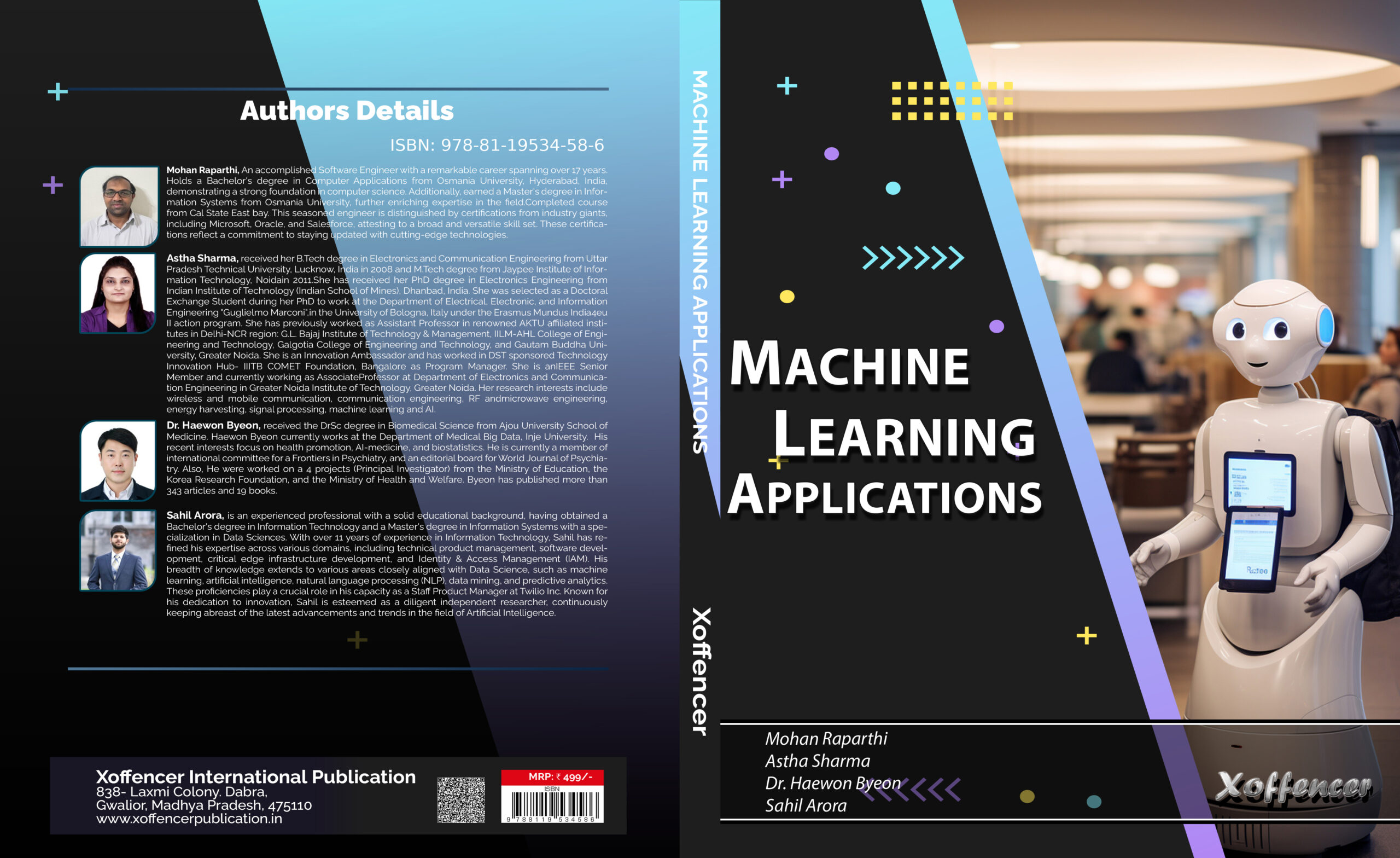

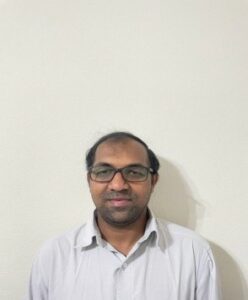

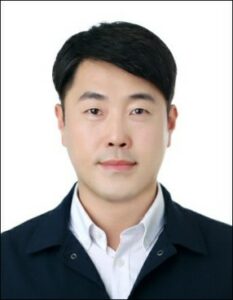

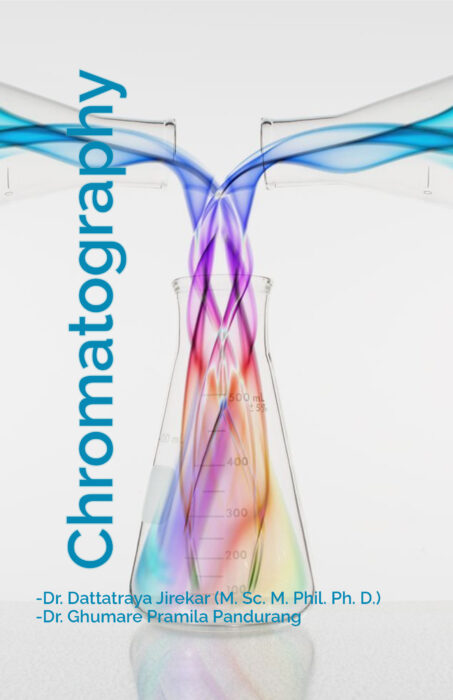
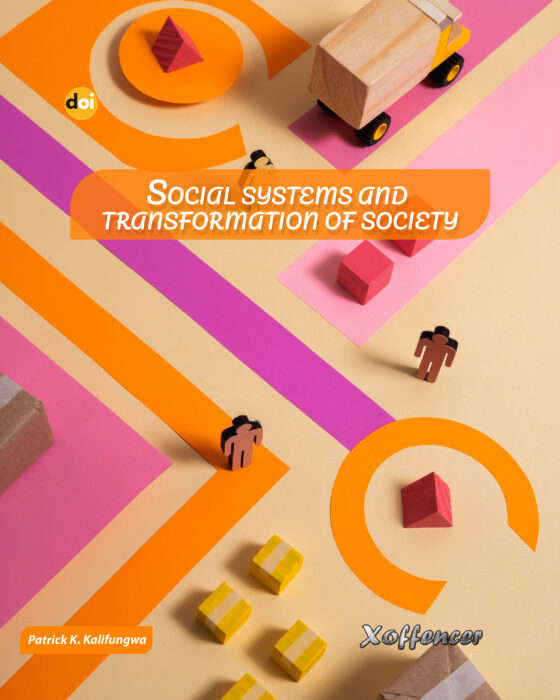
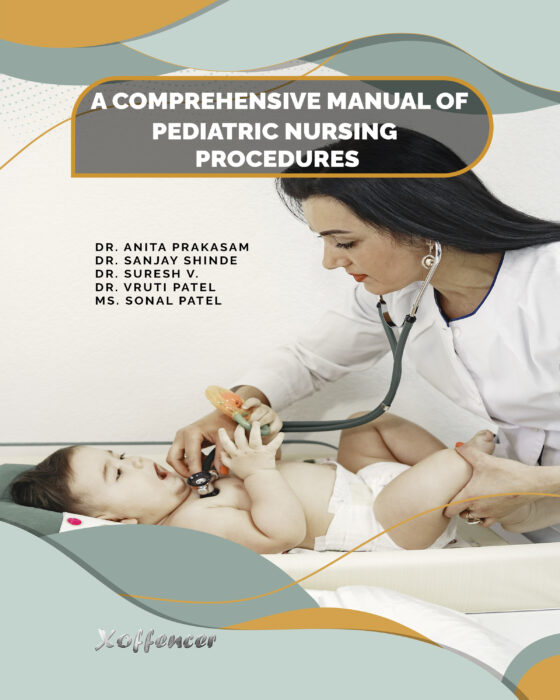
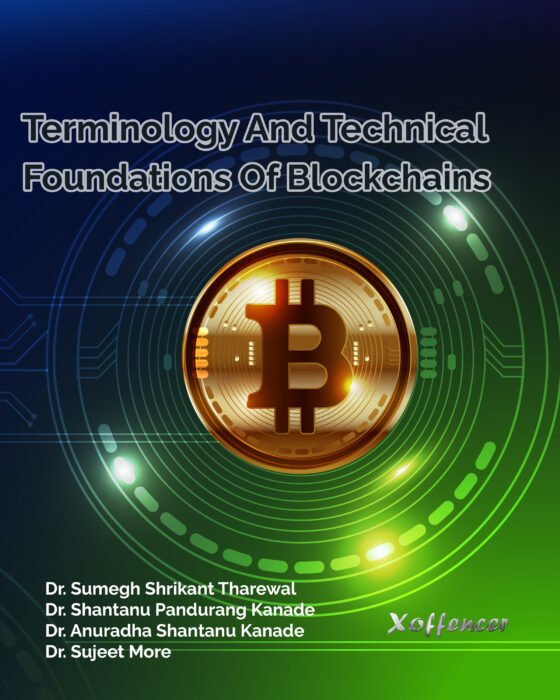
Reviews
There are no reviews yet.